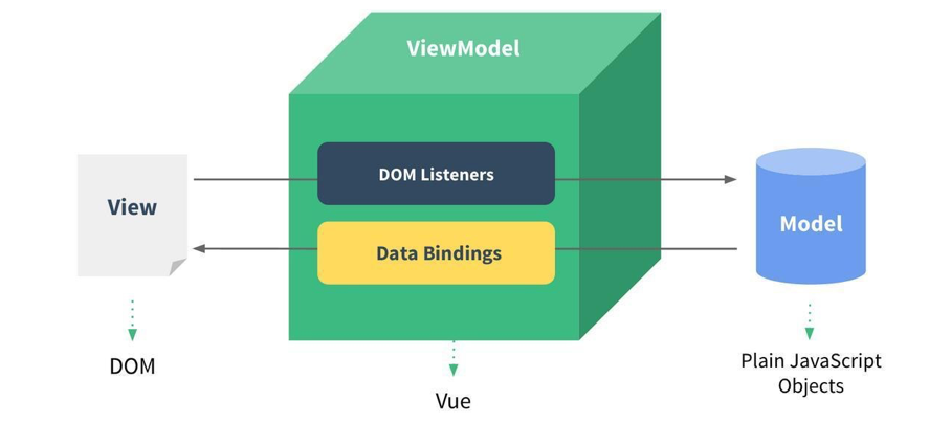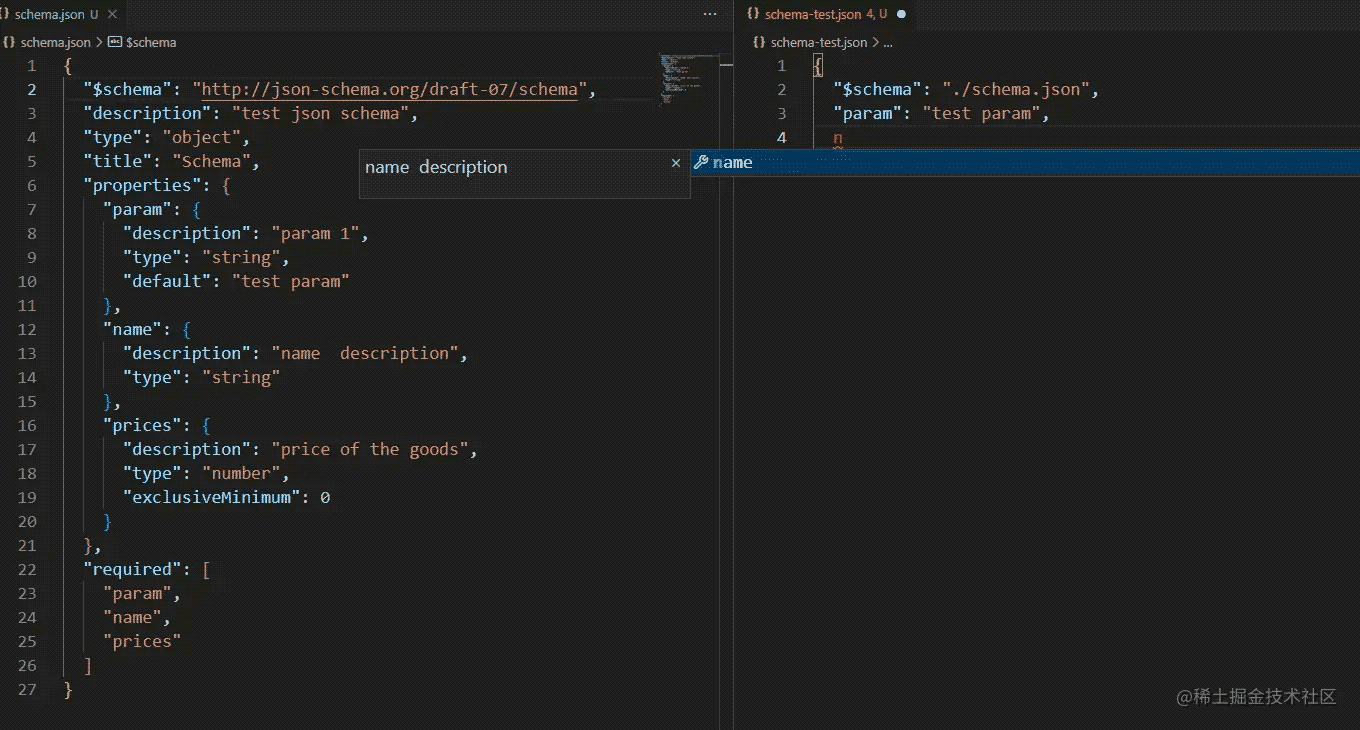我赞美你品格高尚,崇敬你洁白无瑕。我爱你、想你、盼你,像对每一个季节那样。我爱你、想你、盼你,不管世俗的偏见怎样厉害。冬――四季之一的冬,你来吧!我喜欢你纯净的身躯,喜欢你严厉的性格,我要在你的怀抱中锻炼、奋斗、成熟……你可以和春天的万花,夏天的麦浪,秋天的瓜果……比美!
element插件this.$confirm用法
场景:弹出框的两个按钮都能分别请求接口
最简单的弹出框就是“确定”“取消”,一般用户点击确定才会继续接下来的动作,点击取消则不做任何动作(即不会请求接口)。
如:
<template>
<el-button type="text" @click="open">点击打开 Message Box</el-button>
</template>
<script>
export default {
methods: {
open() {
this.$confirm('此操作将永久删除该文件, 是否继续?', '提示', {
confirmButtonText: '确定',
cancelButtonText: '取消',
type: 'warning'
}).then(() => {
this.$message({
type: 'success',
message: '删除成功!'
});
}).catch(() => {
this.$message({
type: 'info',
message: '已取消删除'
});
});
}
}
}
</script>
两个按钮都请求,则:
//任务下线
offline(data){
this.$confirm('是否开启保存点?', {
distinguishCancelAndClose: true,
confirmButtonText: '是',
cancelButtonText: '否', //相当于 取消按钮
type: 'warning'
}).then(() => {
api.taskOffline({taskId: data.taskId, isSavepoint: '1'}).then(res => {
if (res.data.code === "100") {
this.$message({type: 'success', message: '下线成功!'})
this.getTableData()
} else {
this.$message({type: 'error', message: res.data.msg})
this.getTableData()
}
})
}).catch(action => {
//判断是 cancel (自定义的取消) 还是 close (关闭弹窗)
if (action === 'cancel'){
api.taskOffline({taskId: data.taskId, isSavepoint: '0'}).then(res => {
if (res.data.code === "100") {
this.$message({type: 'success', message: '下线成功!'})
this.getTableData()
} else {
this.$message({type: 'error', message: res.data.msg})
this.getTableData()
}
})
}
})
默认情况下,当用户触发取消(点击取消按钮)和触发关闭(点击关闭按钮或遮罩层、按下 ESC 键)时,Promise 的 reject 回调和callback回调的参数均为 ‘cancel’(普通弹出框中的点击取消时的回调参数)。
如果将distinguishCancelAndClose属性设置为 true,则上述两种行为的参数分别为 ‘cancel’ 和 ‘close’。(注意:如果没有设置distinguishCancelAndClose为true,则都默认为取消)
这样就可以在catch中拿到回调参数action进行判断做什么操作了
vue项目如何使用this.$confirm
首先在element-ui中的el-table下的el-table-column中引入插槽(相当于占位符)
<template slot-scope="scope">
<el-button size="mini" @click="handleEdit(scope.$index, scope.row)"
>编辑</el-button
>
<el-button
size="mini"
type="danger"
@click="handleDelete(scope.$index, scope.row)"
>删除</el-button
>
</template>
handleDelete(index, item) {
this.$confirm("你确定要删除吗,请三思,后果自负", {
confirmButtonText: "确定",
cancelButtonText: "取消",
type: "warning",
})
.then(() => {
console.log("确定了,要删除");
})
.catch(() => {
console.log("放弃了");
});
},
此时,需要在main.js中注册组件
import {MessageBox} from 'element-ui';
// Vue.use(MessageBox);//与其他引用不同的是,这里“不能”加Vue.use(MessageBox),不然会出现问题,达不到想要的效果
Vue.prototype.$confirm = MessageBox.confirm;
以上为个人经验,希望能给大家一个参考,也希望大家多多支持。


